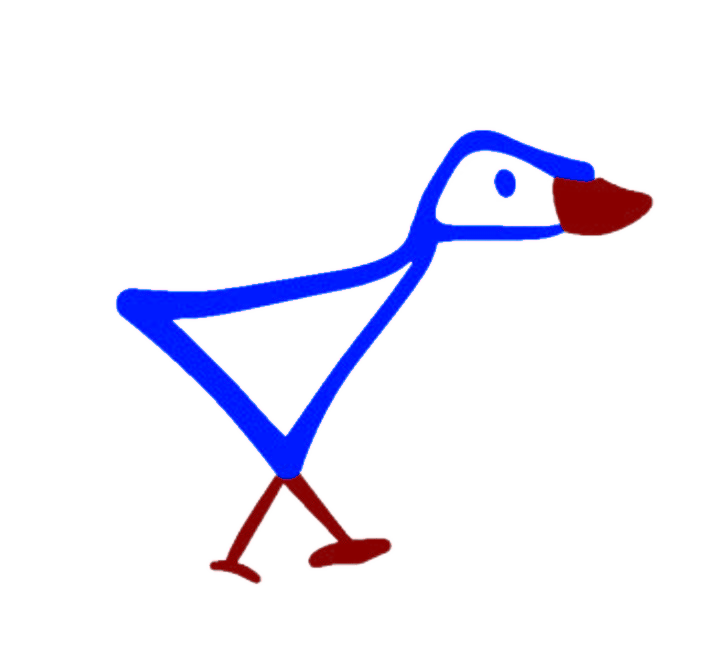Nikolai Kataev
(?−1919)
father
(?−1919)
father
Nikolai Kataev was born into the family of a parish priest in the Vyatka province. Nikolai had two brothers, Ivan and Pavel. All three received their secondary education in Vyatka's educational institutions. After graduating from the Moscow Agricultural Institute with a degree in agronomy, Nikolai took up the position of provincial agronomist in Kursk in 1897. He gained recognition after publishing his report "The Action Plan of the Economic Bureau and the Provincial Agronomist at the Kursk Provincial Zemstvo Administration", where he outlined the prospects for agricultural development in the province.
In the late 1899, Nikolai Kataev was appointed the agronomist of the Yaroslavl Province as soon as the vacancy became available. He also served as the secretary of the economic council at the provincial zemstvo administration, holding the position until 1901. Like Yakov and Mariya, Nikolai was a member of the Yaroslavl Province Society for the Promotion of Public Education. He was also involved in organizing public readings.
It was likely that after Mariya's death, Nikolai left Yaroslavl. His further activity was associated with the Department of Agriculture, where he took the position of a Senior Specialist in Agriculture. In 1910, he became the head of the educational division of the Department of Agriculture at the Main Directorate of Land Management and Agriculture, and took part in meetings focusing on higher and secondary agricultural education. He proposed a project for establishing an agricultural institute in Russia's black soil region. Nikolai's political beliefs were shaped by his close interactions with peasantry; he supported the right-wing Socialist-Revolutionaries, who advocated populism.
Andrei Kolmogorov's relatives recalled that his father was also a literary man and even met with Anton Chekhov who regarded him as a promising belletrist. Andrei Kolmogorov recollectedthat his father had joined a seed collecting expedition to Persia in 1916, presumably led by Nikolai Vavilov.
Following the October Revolution in 1917, the agricultural management system underwent reform, with the Department of Agriculture reorganized into the People's Commissariat of Agriculture. Nikolai Kataev was in charge of its educational department. He went missing in 1919.
In the late 1899, Nikolai Kataev was appointed the agronomist of the Yaroslavl Province as soon as the vacancy became available. He also served as the secretary of the economic council at the provincial zemstvo administration, holding the position until 1901. Like Yakov and Mariya, Nikolai was a member of the Yaroslavl Province Society for the Promotion of Public Education. He was also involved in organizing public readings.
It was likely that after Mariya's death, Nikolai left Yaroslavl. His further activity was associated with the Department of Agriculture, where he took the position of a Senior Specialist in Agriculture. In 1910, he became the head of the educational division of the Department of Agriculture at the Main Directorate of Land Management and Agriculture, and took part in meetings focusing on higher and secondary agricultural education. He proposed a project for establishing an agricultural institute in Russia's black soil region. Nikolai's political beliefs were shaped by his close interactions with peasantry; he supported the right-wing Socialist-Revolutionaries, who advocated populism.
Andrei Kolmogorov's relatives recalled that his father was also a literary man and even met with Anton Chekhov who regarded him as a promising belletrist. Andrei Kolmogorov recollectedthat his father had joined a seed collecting expedition to Persia in 1916, presumably led by Nikolai Vavilov.
Following the October Revolution in 1917, the agricultural management system underwent reform, with the Department of Agriculture reorganized into the People's Commissariat of Agriculture. Nikolai Kataev was in charge of its educational department. He went missing in 1919.

The only remaining photograph of Andrei Kolmogorov's parents.
References:
[1] N.M. Kataev. The Main Reasons for Establishing an Agricultural Institute in the Black Soil Region of Russia: A Proposal. St. Petersburg: Publisher. V.F. Kirschbaum, 1910. — 68 pages.
[2] The Action Plan of the Economic Bureau and the Provincial Agronomist at the Kursk Provincial Zemstvo Administration. Report note from the provincial agronomist N.M. Kataev. — Kursk: Provincial Zemstvo Printing House, 1897. — Pages 3, 18.
[3] V.M. Tikhomirov. A Word about the Teacher // Kolmogorov in the memories of his students. — Moscow: ICNMO Publishing House, 2006. GAYAO. FILE 485. Inventory 1. DOCUMENT 694.
[4] GAYAO. FILE 485. Inventory 1. FILE 694.
[1] N.M. Kataev. The Main Reasons for Establishing an Agricultural Institute in the Black Soil Region of Russia: A Proposal. St. Petersburg: Publisher. V.F. Kirschbaum, 1910. — 68 pages.
[2] The Action Plan of the Economic Bureau and the Provincial Agronomist at the Kursk Provincial Zemstvo Administration. Report note from the provincial agronomist N.M. Kataev. — Kursk: Provincial Zemstvo Printing House, 1897. — Pages 3, 18.
[3] V.M. Tikhomirov. A Word about the Teacher // Kolmogorov in the memories of his students. — Moscow: ICNMO Publishing House, 2006. GAYAO. FILE 485. Inventory 1. DOCUMENT 694.
[4] GAYAO. FILE 485. Inventory 1. FILE 694.



